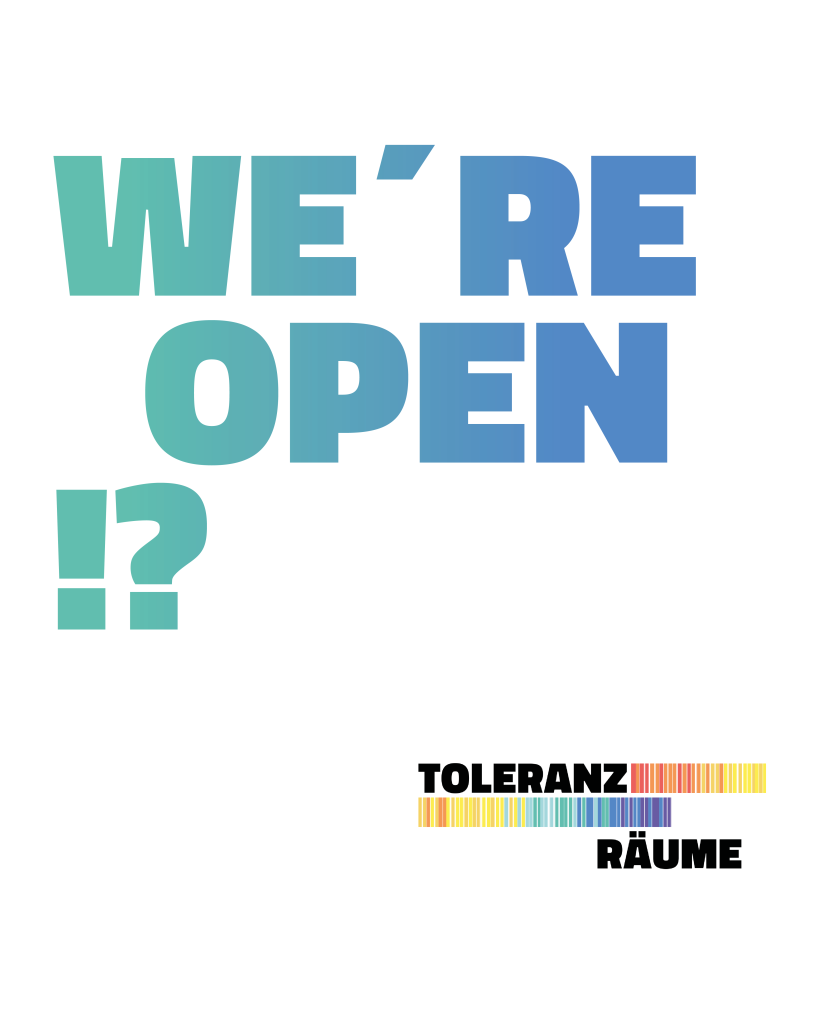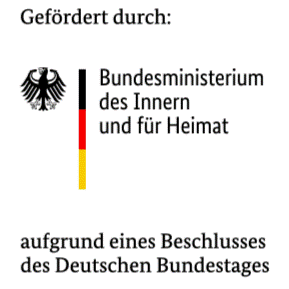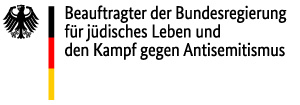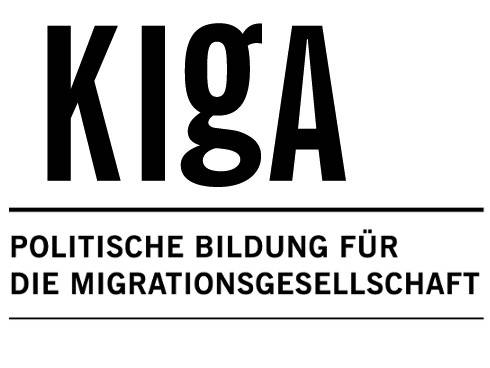Accordingly, tolerance is based on the recognition of the equality of another person. This recognition of equality sets the framework and limits of what is tolerable so that social life and participation can succeed. At the same time, tolerance includes a rejection of opinions or actions within this framework – because, according to Simon, one speaks of tolerance only if there is also an element of rejection. For the philosopher Rainer Forst, tolerance consists of the following three components: objection, acceptance and rejection – the objection to attitudes, attitudes, opinions and actions that are perceived as wrong or bad. Forst also speaks of acceptance with regard to reasons that make it necessary to tolerate something as well as of the rejection of various attitudes, opinions and attitudes that go beyond the limits of tolerance and democratic coexistence (cf. Forst 2003). These limits must be constantly renegotiated on the basis of a common value of freedom and the protection of all. Associated conflicts and arguments are an indispensable part of tolerance and require discursive skills such as the ability to deal with conflict, empathy, a democratic culture of dispute and debate, as well as the ability to tolerate contradictions and disagreements. Here we speak of the so-called Widerspruchstoleranz (“ambiguity tolerance”), which was first researched by Else FrenkelBrunswik, and which should/can prevent us from expecting or demanding absolute unambiguity in moments of uncertainty. At the same time, whom we show tolerance and respect does matter. Inhumanity and extremism can become a threat to an open society. Therefore, negotiation space in our society is limited to democratic values. Misanthropic positions are not part of tolerance; rather, they must be resolutely opposed. The exhibition ToleranzRäume takes up these multi-layered ideas and, following Bernd Simon and Rainer Forst, emphasises the great importance of respect (as a recognition of equality) in the exercise of tolerance. Based on the work of Forst, it uses the concept of Respekttoleranz (“respect tolerance”) as a basis for understanding tolerance. In this conception, democratic values such as justice, freedom and democracy become part of the approach to tolerance and respect. Thus, tolerance is not a value in itself, but a container term for various values and their constant negotiation. In concrete terms, Respekttoleranz means that equal persons or groups respect and recognise one another as equals, even when they do not agree on central issues, such as the proper way to conduct one’s life. It is not an authority or majority that determines what is tolerated and what is not, but common institutions (human rights, the Basic Law, the rule of law, separation of powers, etc.) that are based on norms that are generally accepted and justified. In this way, tolerance becomes both an active exercise and a passive experience. I can thus be both a recipient and an agent of tolerance. This notion of tolerance, in which many opinions are discussed and marginalised groups are included, is challenging. This is however also where the greatest potential for our coexistence lies: only if we constantly question our behaviour and reflect on individual and collective needs and boundaries can we steadily develop as a society and as individuals. On the other hand, there is a desire for simple solutions that include authoritarian forms of society, indifference, ignorance and superficial harmonisation. Simplification, however, does not provide solutions to the issues of a complex and diverse society that are compatible with our ideas of a free society and respect for human rights.The exhibition Toleranzräume provides critical impulses on the topic of “tolerance”. It inspires people to stand up against discrimination in everyday life and encourages individual and social reflection with concrete examples. Visitors are invited to become aware of the limits of their own tolerance. This process is not always easy, but can be explored inclusively, openly and playfully and with the highest possible degree of accessiblity within Toleranzräume. Sources: Forst, Rainer (2003): Toleranz im Konflikt: Geschichte, Gehalt und Gegenwart eines umstrittenen Begriffs (Tolerance in Conflict: History, Content and Present of a Controversial Term); Vol. 1682: suhrkamp taschenbuch wissenschaft (Suhrkamp science pocketbook series); Suhrkamp – Berlin Simon, Bernd (2018), quoted from ChristianAlbrechts-Universität Kiel (2018): Kiel Research Centre on Tolerance opened at Kiel University. URL: https://www.uni-kiel.de/de/universitaet/detaila nsicht/news/kieler-forschungsstelle-toleranzan-der-kieler-universitaet-eroeffnet/






